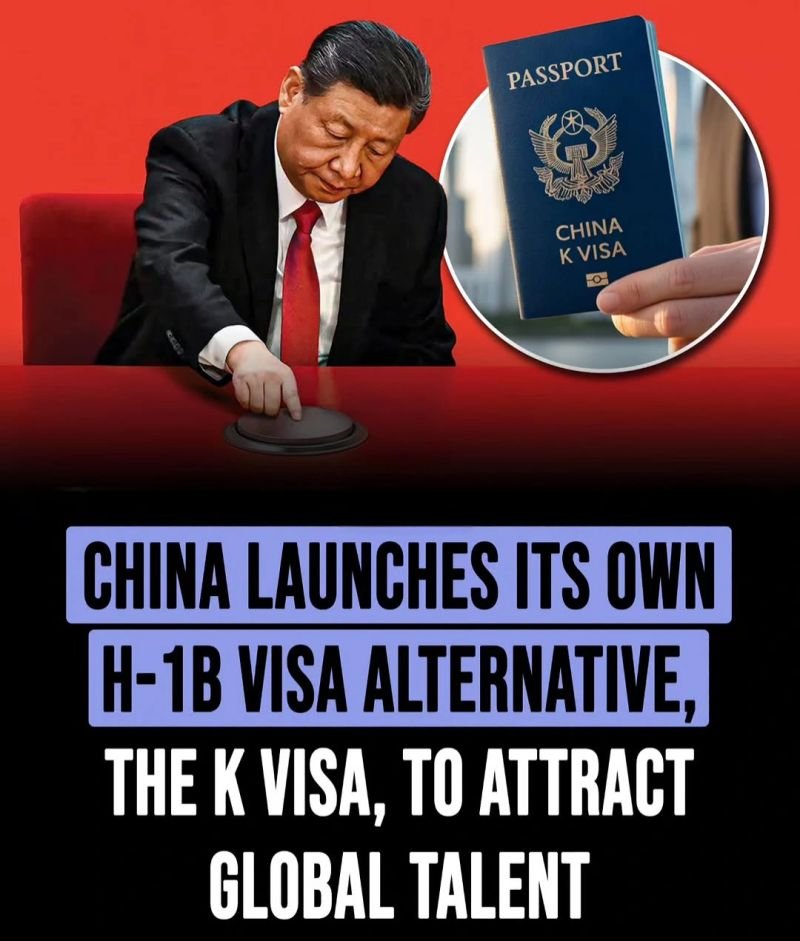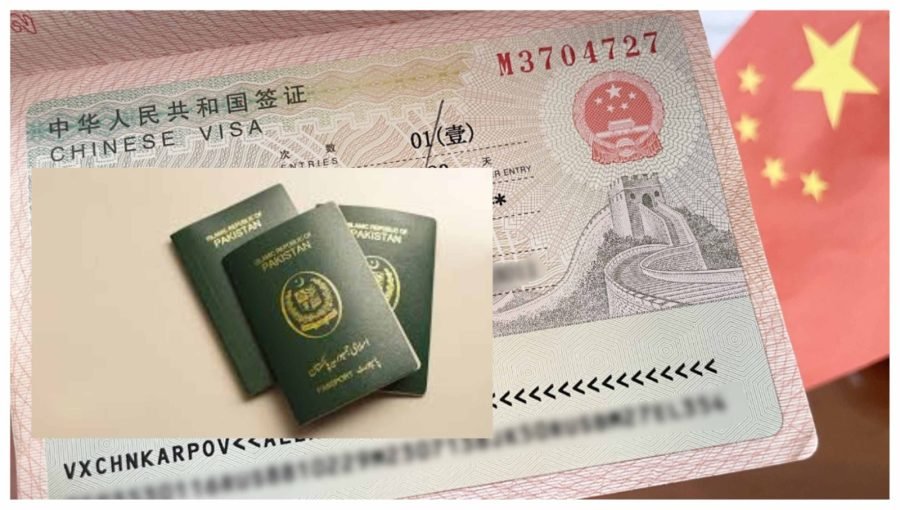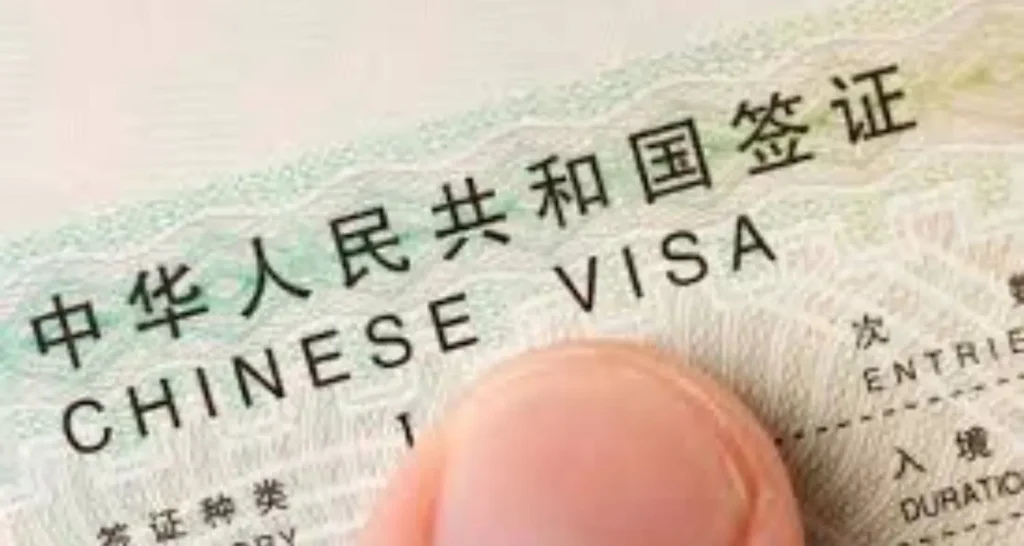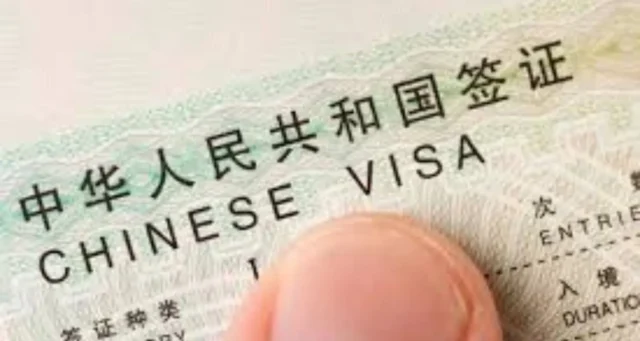In a bold strategic move, the Chinese government officially activated its new K-Visa on 1 October 2025, launching a tailored immigration pathway aimed at attracting skilled professionals in Science, Technology, Engineering, and Mathematics (STEM). Unlike China’s existing twelve visa types, the K-Visa offers more flexibility: applicants are not required to already have a job offer or invitation from a Chinese institution. The initiative signals Beijing’s ambition to intensify international collaboration in tech and to draw ambitious young professionals from across the globe.
Under the announcement made earlier in August by the State Council, China framed the K-Visa as part of a broader “new-era talent strategy.” Officials emphasised that the measure would help bring in foreign scientific and technological minds, strengthen global cooperation, and energise innovation networks. It appears China is positioning itself not merely as a destination for overseas researchers, but as a hub for future global STEM leadership.

Table of Contents
What the K-Visa Means for African STEM Professionals
For Africans working or studying in STEM fields, the K-Visa unlocks fresh and potentially transformative prospects. Historically, many African graduates in engineering, data science, artificial intelligence, cybersecurity, and software development have completed degrees in China before returning home or seeking work elsewhere. Under the K-Visa regime, they now have a clearer route to stay or return to China and convert academic credentials into professional roles—without needing a prearranged employer.
This visa is designed to promote a “brain circulation” model instead of a one-way brain drain: African professionals may spend periods in China, build networks or businesses, then return to their home countries bearing insights, partnerships, and technical know-how. For founders of tech startups, the option means easier access to China’s supply chains, opportunities to test products, set up sourcing offices, or engage with Chinese manufacturers more closely.
Researchers also stand to gain: mobility to China’s laboratories and institutions is expected to ease, enhancing collaborative scientific endeavours. As China actively positions itself as a high-tech anchor, the flexibility embedded in the K-Visa may allow African STEM talent to plug into fast-moving projects within China’s flourishing innovation ecosystem.

Strategic Context: Competing with the U.S. and Filling Gaps
The unveiling of the K-Visa occurs at a time when the United States is reshaping its own high-skilled worker immigration landscape. Beginning in September, the U.S. introduced a new annual fee of $100,000 for companies sponsoring H-1B visas, a move expected to raise barriers for foreign tech talent—especially in the competitive global market. Previously, application fees ranged from $2,000 to $5,000 depending on company size. China’s timing suggests it may be positioning its visa offering as a competitive alternative.
Even though the K-Visa also embraces professionals in education and culture, the prime targets remain STEM fields, the same sectors that dominate many U.S. visa allocations. Still, several key features of China’s visa remain unclear: the age ceiling, diploma thresholds per discipline, permissible employment types (whether salaried, contract, or entrepreneurial), and whether holders may bring family or transition to permanent residency.
Another critical concern is intellectual property (IP). Working in China requires navigating its regulatory and legal systems carefully; those considering the K-Visa must remain diligent about IP protection, contract rights, and compliance with Chinese law. Entrepreneurs, too, await clarity on what “relevant entrepreneurial and commercial activities” will be tolerated or encouraged under the visa.
Potential Benefits and Risks for African Talent
Benefits
- Lower barrier to entry — The absence of a job offer prerequisite allows talented individuals to apply based on merit rather than existing employer ties.
- Reinforced networks — Working in China provides real-world access to one of the world’s largest tech ecosystems, enabling Africans to build strong cross-border partnerships.
- Leap into global markets — Startups in Africa may gain advantage by maintaining a presence in China, accessing manufacturing, supply and export channels more directly.
- Scientific collaboration — Researchers can more easily conduct joint work in Chinese institutions, publish together, and access advanced resources.
Risks & Uncertainties
- Lack of detailed regulations — Key terms like permitted roles, visa durations, family inclusion, and residency remain to be defined.
- Intellectual property exposure — Vigilance is needed to protect innovations, especially for foreign inventors and tech founders.
- Legal and regulatory challenges — Migrating and working in China may entail navigating complex bureaucratic and compliance landscapes.
- Return incentives — Unless structures exist to valorise talent back home, some may remain in China permanently, perhaps limiting direct benefit to African ecosystems.

Conclusion
China’s unveiling of the K-Visa creates a promising gateway for African STEM professionals seeking immersive international exposure, entrepreneurial footing, and deeper collaboration in one of the world’s most dynamic tech landscapes. But while the doors are opening, many details still lie behind the curtain. The balance between risk and opportunity will rest heavily on forthcoming regulations, institutional supports, and the capacity of individuals to engage strategically across borders.
Join Our Social Media Channels:
WhatsApp: NaijaEyes
Facebook: NaijaEyes
Twitter: NaijaEyes
Instagram: NaijaEyes
TikTok: NaijaEyes





